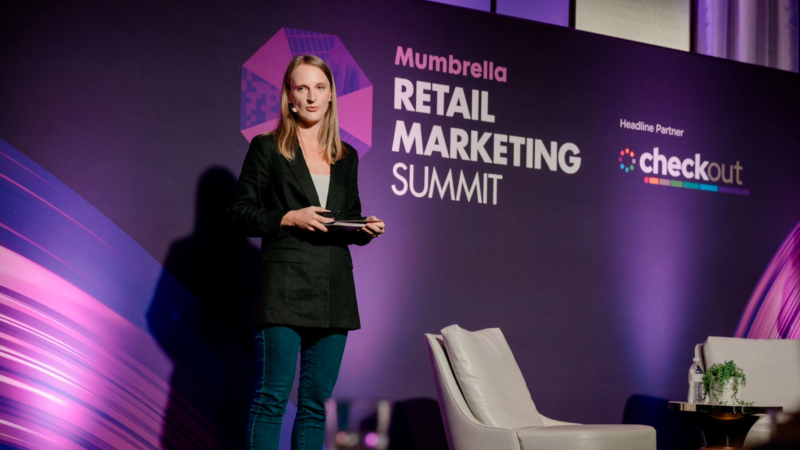Retail Marketing Summit: ‘IKEA was established during times of economic hardship’ – How IKEA Australia leans into lean times
Getting people to spend money in discretionary categories like home furnishings during a cost-of-living crisis is a tough ask. For IKEA Australia, the answer is focusing on brand trust during the challenging times, in the hope that customers will remain long after the crisis has passed.
Speaking at Mumbrella’s Retail Marketing Summit on Wednesday morning, the retailer discussed two pillars of its marketing and communications strategy – what they called the “IKEA superpowers” of democratic design and meaningful affordability.



This has got to be one of the biggest loads of dross I have ever heard from marketing. And rather sad.
Design changes are not a marketing initiative. They are a manufacturing initiative that marketing take credit for. And for what? Sturdier cheap throw-away furniture? Sturdier Billy bookcases? This is their answer? For real?
Believing in your own essence is basically looking up your own behind. They even admitted they had no consumer facing messages. Just ‘internal’ messages so they can feel good about themselves. If this just doesn’t encapsulate corporate Australia today! “Tempe is different to Perth”. What a load of crap. It’s IKEA! Same around the world! A few store differences are meaningless. This is rubbish marketing dross. It is unconscionable to roll out this dross right after they just admitted sales were down 14%.
Ands it’s downright insulting to honest hard working productive people at IKEA that there is a layer of these elite idiots drawing huge corporate salaries whilst workers on the floor are probably lucky to top $30 per hour. After rent in Sydney (NOT close to Tempe) they don’t even have enough left over for crappy but sturdier! IKEA furniture.
I can’t believe a great company like IKEA is so out of touch with reality.
Like I said – SAD.